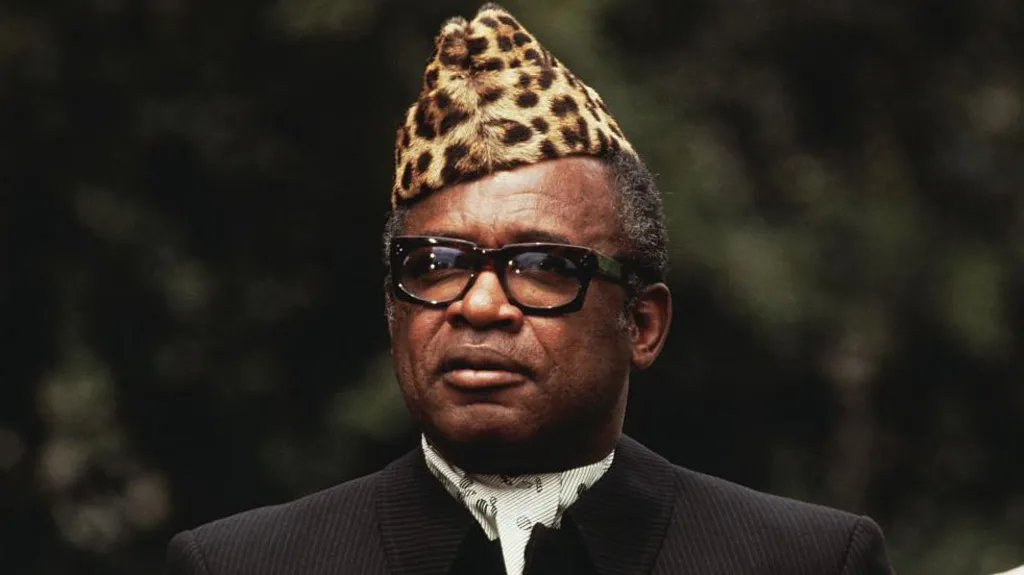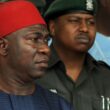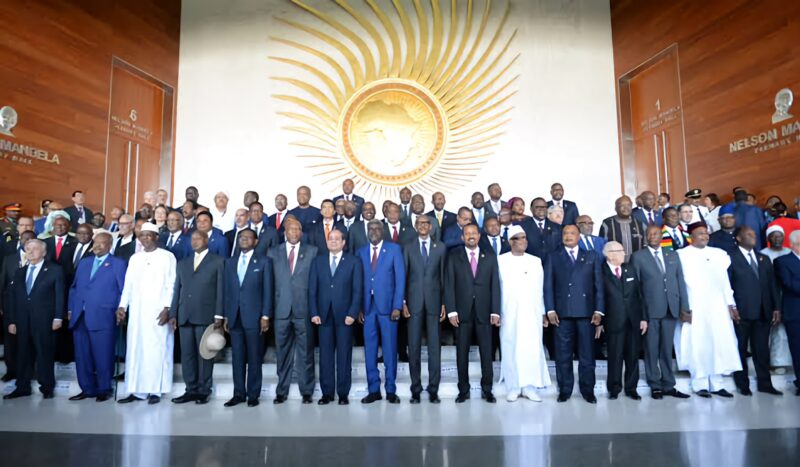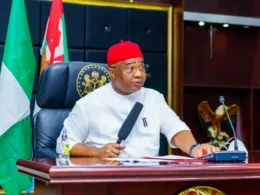African leaders’ health remains a state secret, fueling speculation and power struggles, as calls for transparency grow amid shifting political landscapes.
Recent weeks have seen swirling rumors about the health of two African presidents—Cameroon’s 91-year-old Paul Biya and Malawi’s Lazarus Chakwera. While Biya’s ministers denied any illness, calling him in “excellent health,” Malawian officials responded by sharing videos of Chakwera jogging and doing push-ups. Despite the contrasting approaches, both actions aimed to project strength and quash any doubts about the leaders’ fitness to rule.

The Politics of Masculinity in African Leadership
Miles Tendi, a professor of African politics at Oxford University, explains that African leaders are often caught in a “performance of masculinity,” where showing any sign of vulnerability is seen as a political weakness. This need to project strength not only makes it hard for women to rise to leadership roles but also forces male leaders to maintain an image of virility, even in the face of illness.
Leadership Health: A National Concern
African leaders’ health is often treated as a state secret, with governments fearful that any sign of weakness could embolden rivals or destabilize their country. Adekeye Adebajo, a professor at the University of Johannesburg, says many leaders project the idea that the health of their country is tied to their own wellbeing, creating a national security dilemma. A Zimbabwean security expert pointed out that weak political institutions in many countries exacerbate fears of leadership vacuums and power struggles.
History of Concealment
The secrecy surrounding African leaders’ health is not new. Over the years, several presidents have concealed illnesses or even death. In the Democratic Republic of Congo, President Laurent-Désiré Kabila’s assassination was initially covered up, while in Nigeria, President Umaru Yar’Adua’s prolonged absence led to speculation before his death was finally announced in 2010.

In contrast, countries like Ghana and Zambia, where constitutional succession processes are stronger, have seen smoother transitions when presidents have passed away in office.
Calls for Transparency Amid Cultural Resistance
While some argue that secrecy around health issues stems from cultural practices that view private illness as part of the healing process, there is growing demand for transparency. With many African nations building stronger political institutions, younger populations are calling for greater openness regarding their leaders’ health.
As Nigerian teacher Abeku Adams put it,
“Governments owe it to their citizens to share such information.”
He believes that because citizens pay taxes, they deserve to know the health status of those in power.
The Future of Leadership Secrecy in Africa
As Malawi heads into a highly competitive election, President Chakwera’s public displays of fitness seem aimed at outshining his main rival. In contrast, Biya, who has won five elections amid allegations of rigging, faces little political threat. While transparency remains elusive in much of African politics, the continent’s shifting demographics and calls for democratic reforms may eventually force a change.
A Shift Toward Openness?
In an era where strong institutions and democratic values are increasingly demanded, the expectation is growing for leaders to be more transparent about their health. For now, though, many African leaders remain reluctant to show weakness, keeping their health closely guarded in a bid to maintain power.










Join our Channel...